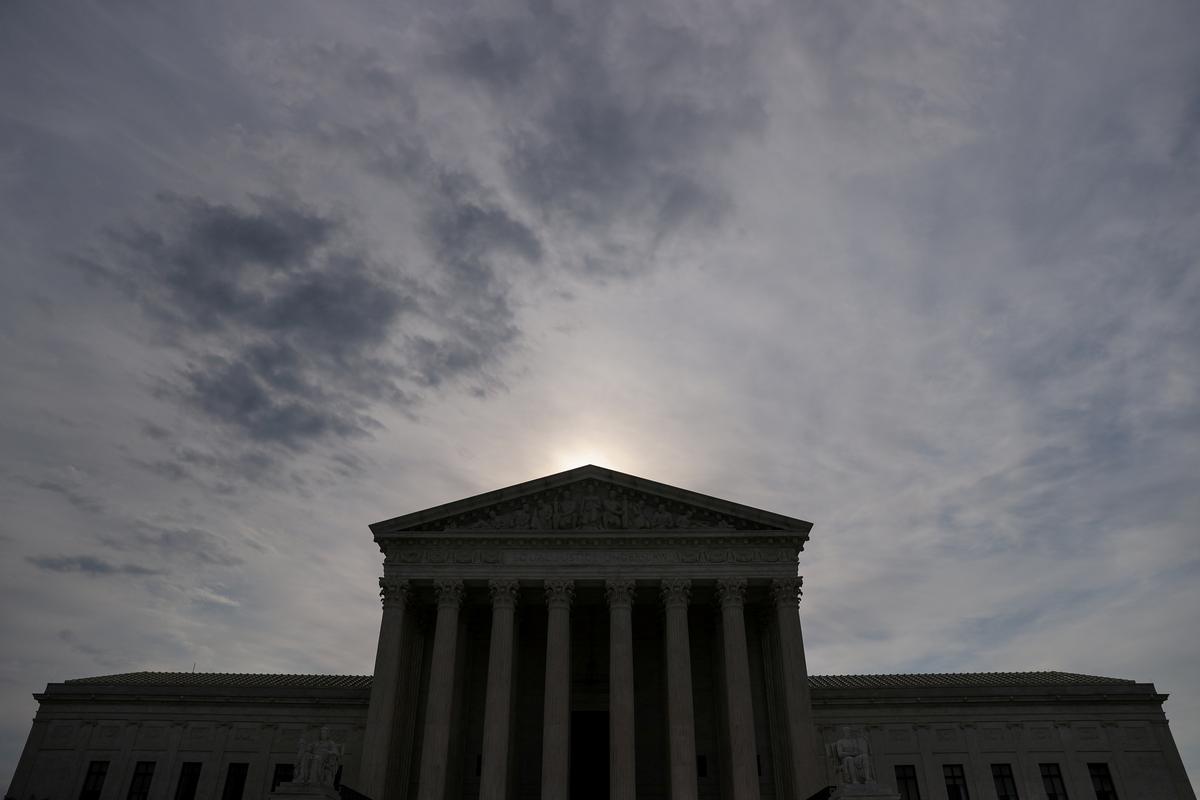WASHINGTON (Reuters) – U.S. Supreme Court justices on Tuesday appeared divided over Donald Trump’s bid to prevent Democratic-led congressional panels and a New York prosecutor from obtaining his financial records, with its conservative majority signaling concern about improper harassment of the Republican president.
FILE PHOTO: A general view of the U.S. Supreme Court building in Washington, U.S. May 8, 2020. REUTERS/Jonathan Ernst
In a major showdown over presidential powers, justices asked tough questions of an attorney for Trump and a Justice Department lawyer who both sought to justify the president’s quest to block subpoenas by three House of Representatives committees for financial records held by third parties.
But several justices also pressed a lawyer for the House to explain why the subpoenas were not simply presidential harassment and whether Congress should be limited in issuing subpoenas so as to not distract a president or frustrate the carrying out of his official duties.
The nine justices heard an oral argument lasting more than 90 minutes by teleconference in two cases involving the House subpoenas seeking Trump’s financial records from Mazars LLP, his long-time accounting firm, and two banks, Deutsche Bank(DBKGn.DE) and Capital One(COF.N).
They justices then opened an oral argument in a third case in which Trump is seeking to block a subpoena issued to Mazars for similar information, including tax returns, as part of a grand jury investigation into Trump being conducted by the office of Manhattan District Attorney Cyrus Vance, a Democrat.
The court has a 5-4 conservative majority, including two justices appointed by Trump. Lower courts in Washington and New York ruled against Trump in all three cases.
Liberal Justice Elena Kagan told Trump lawyer Jay Sekulow that a “fundamental precept of our constitutional order is that the president is not above the law.”
Conservative Justice Neil Gorsuch, a Trump appointee, questioned why the court would give Trump immunity in a criminal i

